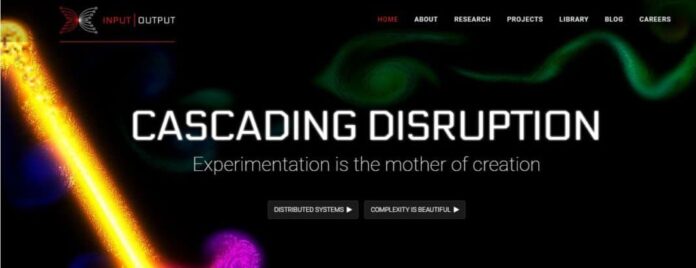The number of blockchain-related job advertisements on LinkedIn has more than tripled in the past year, highlighting the demand for developers with the necessary skill sets to undertake the roles required. Yet, while there is a demand to find the right people, there is an apparent shortage of talent in the sector.
According to a survey conducted by MBN, the search and recruitment consultancy, it found that while more than 200 board level U.K. executives who have sampled the blockchain are planning to implement the technology, fewer than one in 10 believe they have the necessary skills sets in place within their company.
At the same time, ‘more than 40 percent of non-IT/data senior executives admit to not fully understanding the technology and its full potential,’ the report adds.
“While it is encouraging that so many businesses are planning blockchain initiatives, it’s also clear that we need to be building a better foundation of skills if we are to keep ahead of the curve,” said Paul Forrest, chairman of MBN.
This shortage is believed to be due to the absence of education surrounding code used in many blockchain applications, known as Haskell. In a bid to tackle this problem, IOHK, a blockchain development firm, created a coding and cryptocurrencies summer course for students in Athens, Greece, at the National Technical University of Athens. Undertaken over a two-month period, the aim was to teach students how to use the ultra-secure Haskell code used in the blockchain.
Speaking to CCN, Dr. Lars Brünjes, Haskell developer at IOHK, who taught and developed the curriculum for the course, said that the idea was to teach Haskell in a very intense and thorough way, using the blockchain and cryptocurrency domain as a primary source of examples.
“Nowadays, when you teach a course, you are always in competition with freely available online material, so it was very important for us to offer something that online resources cannot: intense one-on-one tutoring, tailored to each individual student,” he said.
According to Brünjes, students who become educated on Haskell code are able to learn a new way of thinking about programming. Whereas, programming languages such as Java or Python are ‘object oriented,’ Haskell uses the ‘functional paradigm’ of programming, states Brünjes.
“Haskell is a very high-level and powerful language that makes it easy to express abstract and complicated ideas in a clear and concise way,” he adds. “This means that it is easier to write correct code in Haskell, and correctness is extremely important for the cryptocurrency domain.”
With 40 percent of chief technology officers surveyed from MBN, who believe that the blockchain will become an enabler of business transformation in the next three to four years, the technology holds great potential.
Brünjes believes that as it continues to gain mainstream attention it will become a very significant technology. This can already be seen in its initial stages within the financial sector. However, examples can also be seen within logistics and public record keeping.
The next availability of the course is planned for January/February and June/July, 2018, both of which will be located in Barbados.
By offering these courses, IOHK are providing them to countries such as Greece and Barbados both of which are not traditionally associated with IT and software development, adds Brünjes.
“We believe that there are many bright young people in the world who are struggling to find adequate jobs without leaving their country,” he said. “We try to reach those people, train them, and offer them a perspective of doing meaningful and challenging work without forcing them to leave their home.”















